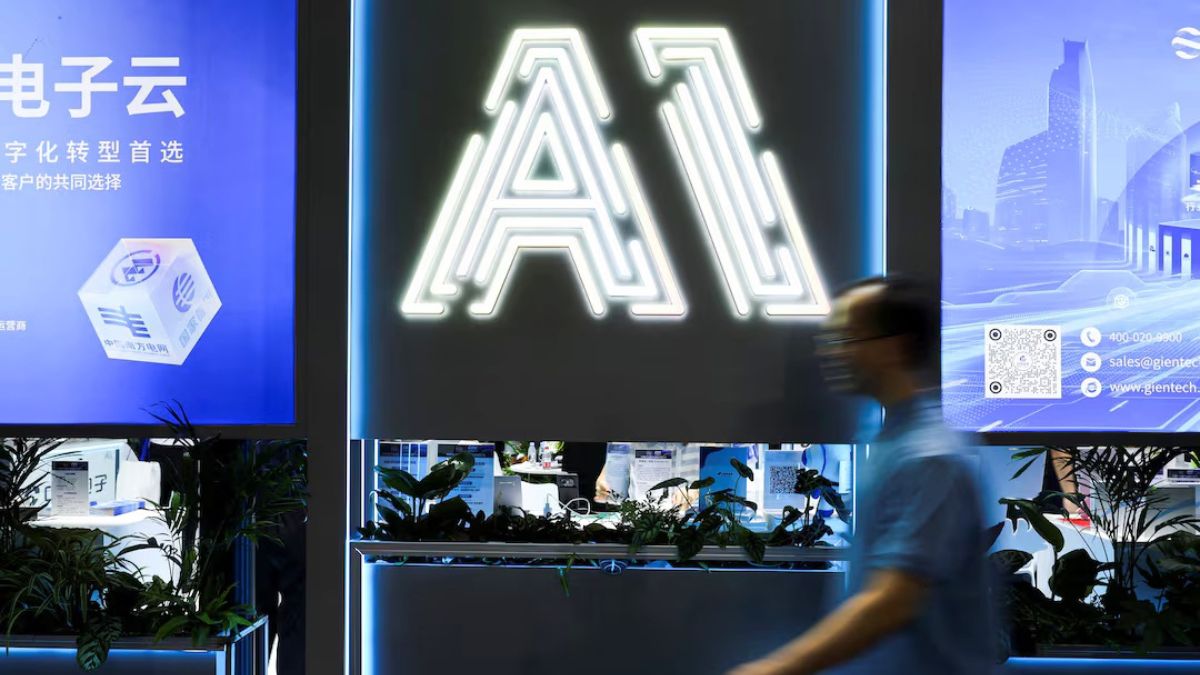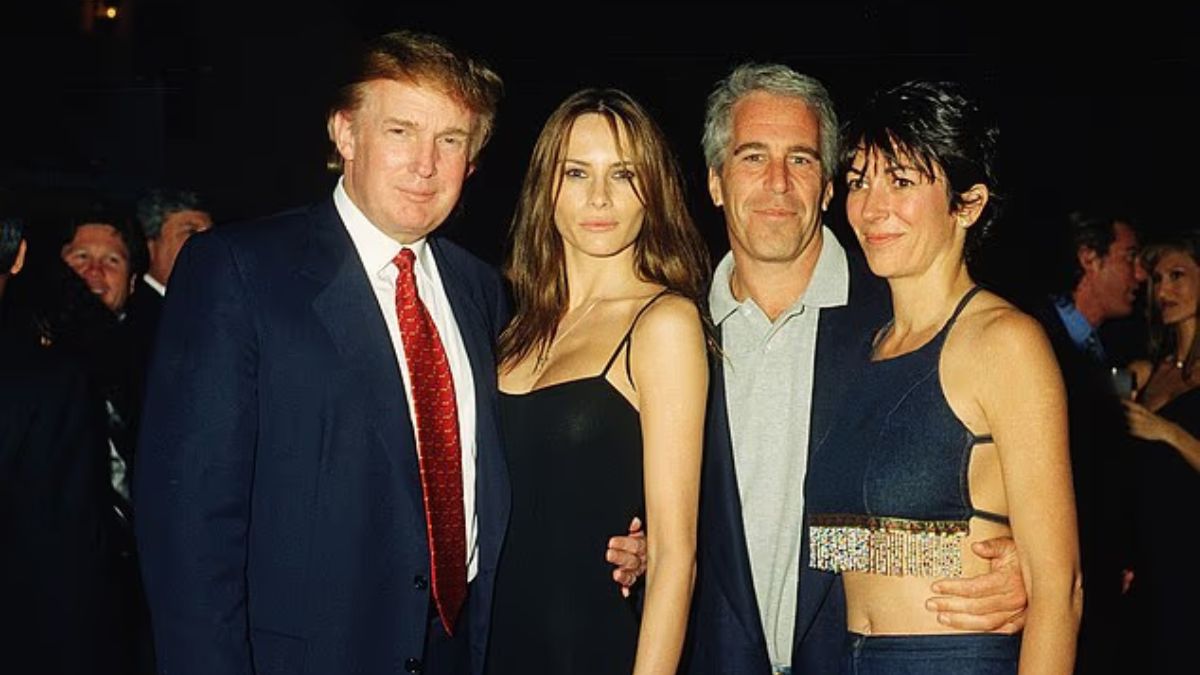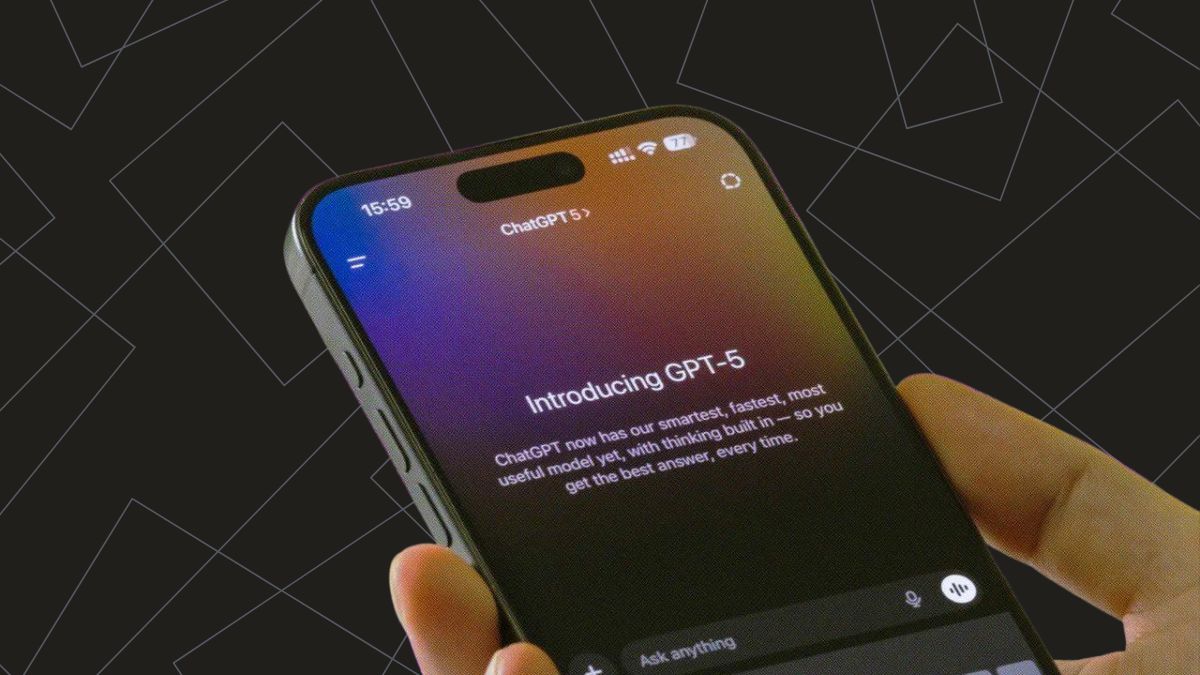In a move that could shake up the artificial intelligence industry, Elon Musk is leading a group of investors in a $97.4 billion bid to buy OpenAI, the parent company of ChatGPT.
Musk, who co-founded OpenAI in 2015, left the company in 2018 after a disagreement over its shift toward for-profit work.
He has since become one of its most vocal critics, filing multiple lawsuits against OpenAI CEO Sam Altman and claiming the company has strayed from its original nonprofit mission.
A Billion-Dollar AI Showdown
Musk’s bid, first reported by the Wall Street Journal, could give him majority control of OpenAI, a move that would directly challenge his own AI venture, xAI.
His legal team argues that OpenAI’s leadership has turned the company into a profit-driven enterprise, betraying its original open-source and safety-first mission.
Marc Toberoff, a lawyer representing the investors, stated:
“If OpenAI wants to become a fully for-profit company, it should fairly compensate the nonprofit for what it’s taking away.”
Altman’s Response: A Sarcastic Rebuttal
Sam Altman responded to Musk’s bid with a playful jab, posting on X:
“No thank you, but we will buy Twitter for $9.74 billion if you want.”
OpenAI, which is valued at around $100 billion, has backing from major investors like Microsoft and Thrive Capital.
The company’s shift toward commercial AI development has been controversial, with critics arguing that safety and transparency are being sacrificed for rapid market expansion.
The Battle for AI’s Future
Musk’s lawsuits against OpenAI have accused the company of developing powerful AI tools for profit, allegedly violating its original charter.
However, OpenAI has dismissed Musk’s complaints, even releasing old emails showing that he once supported the idea of commercializing AI to fund its growth.
With OpenAI at the forefront of artificial general intelligence (AGI) development, the outcome of this battle could shape the future of AI innovation—and who controls it.










Leave a comment